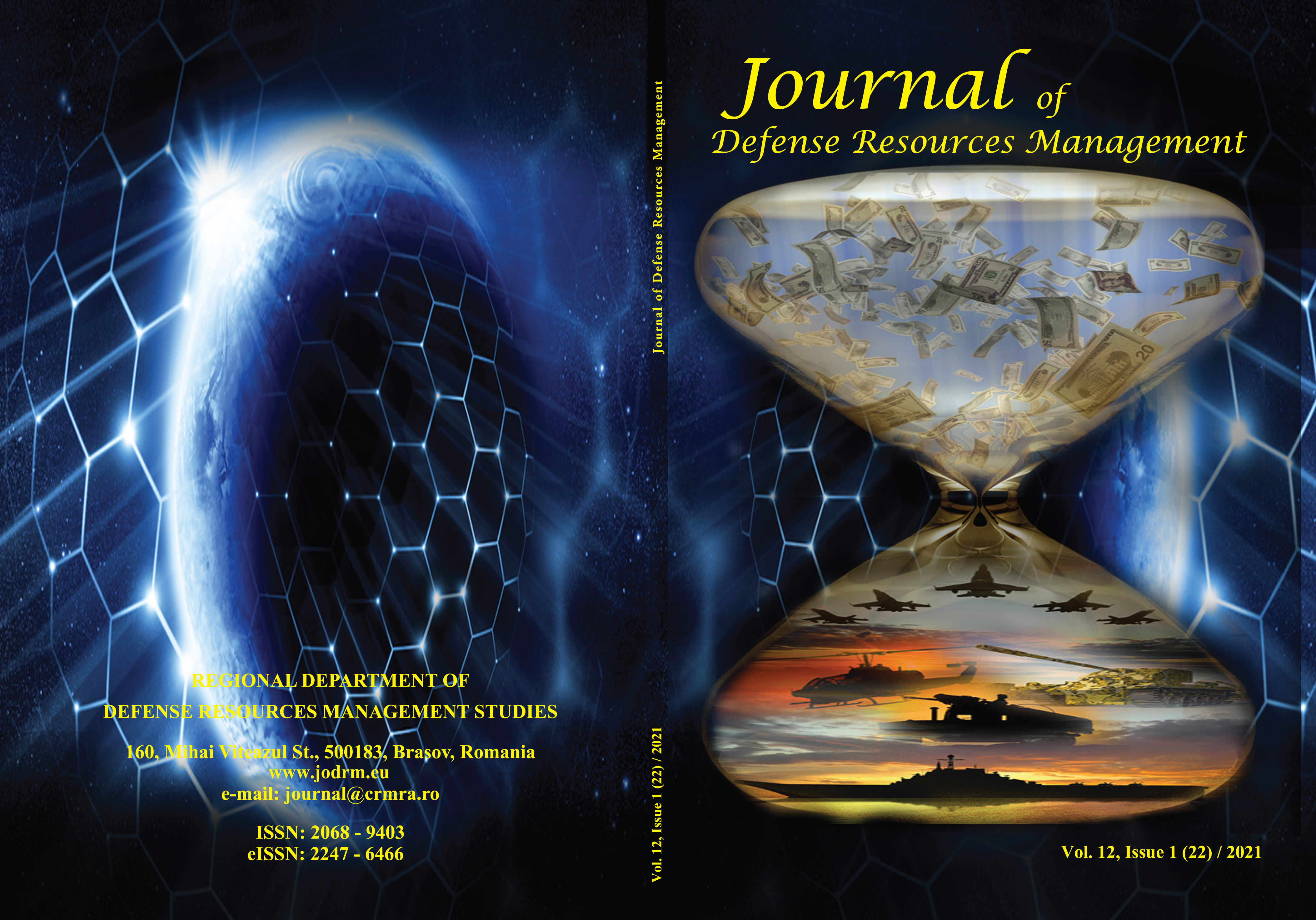THE SYRIAN CONFLICT. NATO’S FRAGMENTARY MIDDLE EAST STRATEGY OR RUSSIA AS A GAME-CHANGER
THE SYRIAN CONFLICT. NATO’S FRAGMENTARY MIDDLE EAST STRATEGY OR RUSSIA AS A GAME-CHANGER
Author(s): Nijat MammadovSubject(s): Education, General Reference Works, Business Economy / Management
Published by: Regional Department of Defense Resources Management Studies
Keywords: Syrian conflict; strategic surprise; security; policy change; NATO; Middle East; Mediterranean basin; Free Syrian Army; Syrian Opposition; actor; player; UNSCR;
Summary/Abstract: In 2015, four years after the outbreak of the Syrian conflict, which at the beginning was not on the focus and “interest” of NATO, the new actors have emerged in the campaign. Particularly, Russia’s involvement in the conflict has increased the intensity of military operations and decisively changed the course of the conflict on behalf of Syrian Government Forces. Until September 2015, the main players in the theatre have been the Assad regime, Free Syrian Army (FSA), ISIS,anti-ISIS Coalition Forces, and the Syrian Democratic Forces (affiliated groups). However, today “surprisingly” strengthening players of the conflict is the Syrian regime, Russia, Iran, and Hezbollah that were unimaginable at the beginning of the conflict. Surprisingly – because prior to the Syrian conflict “nobody” anticipated Russian, Iranian and pro-Iranian militia groups hegemony in Syrian territory. On the other hand, the U.S., its Allies in the Middle East, and most of the NATO member countries backed the Syrian Opposition and the Free Syrian Army, which were struggling to overthrow the Assad regime. At the same time, the U.S. and most of its Allies publicly declared the recognition of the Syrian Opposition as a legitimate representative of the Syrian people.
Journal: Journal of Defense Resources Management (JoDRM)
- Issue Year: 12/2021
- Issue No: 1
- Page Range: 167-176
- Page Count: 10
- Language: English

